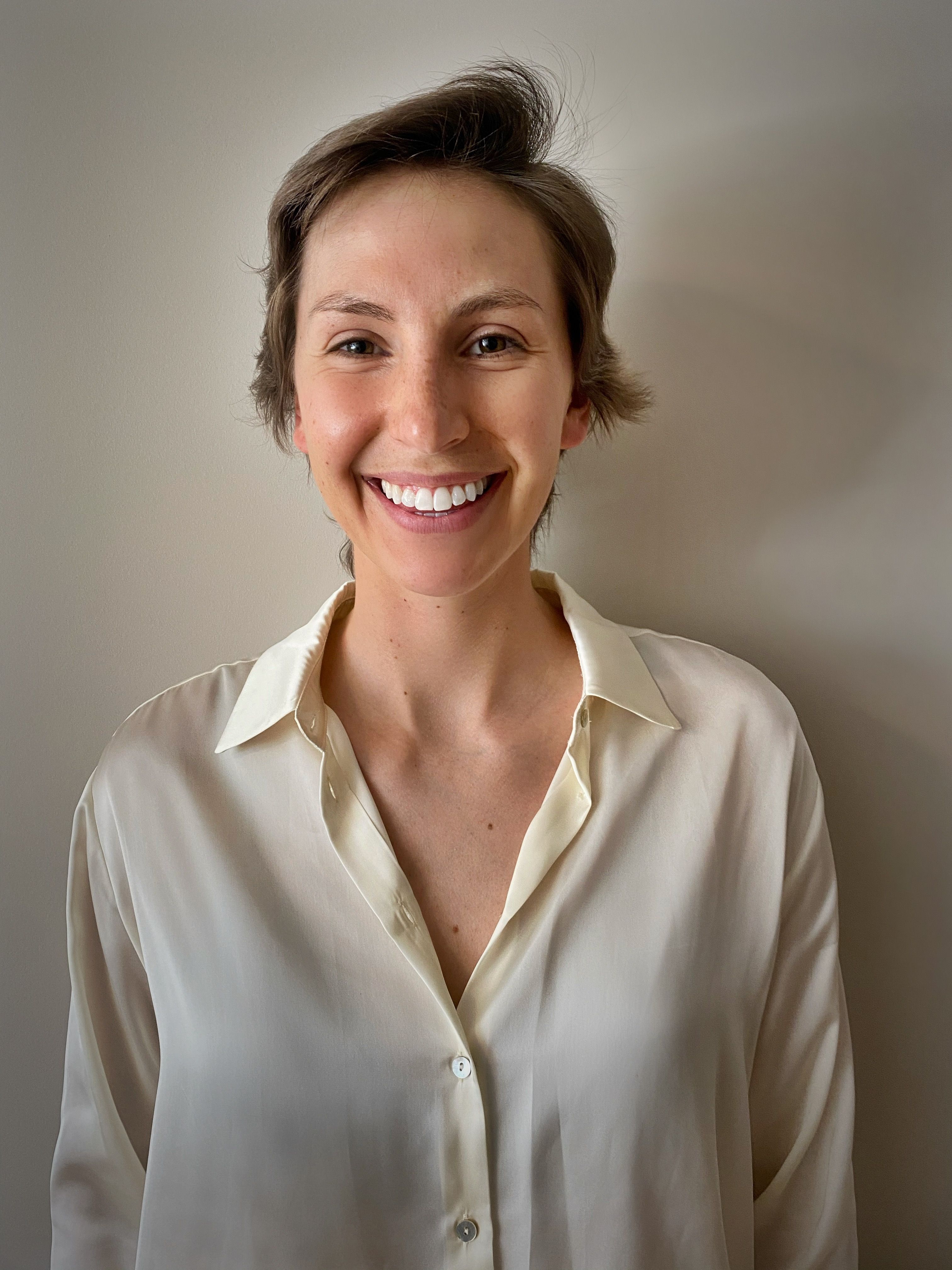- About Us
- Advertise / Support
- Editorial Board
- Contact Us
- CancerNetwork.com
- TargetedOnc.com
- OncLive.com
- OncNursingNews.com
- Terms & Conditions
- Privacy
- Do Not Sell My Information
- Washington My Health My Data
© 2025 MJH Life Sciences™ and CURE - Oncology & Cancer News for Patients & Caregivers. All rights reserved.
What Does It Mean to Be a Cancer Survivor?
“When survival became my identity, things began to shift in my life forever,” writes a blood cancer survivor.
By way of introduction, my name is Nina Luker, I’m 25 years old and was diagnosed with stage 4 DLBCL in March 2020. This month marks a year since I found out I was in remission. There’s a lot to unpack in those two sentences. The biggest being, I was forced to have an identity shift at a time in my life that I was not mentally prepared for.
On March 10, I was a 6’1, blonde, female athlete, living in New York City, traveling the world and smiling every chance I could get. One day later, on March 11, 2020 I was the girl who had stage 4 cancer. Yikes. If that isn’t one of the biggest identity shifts you could find, then I don’t know what is.
In a matter of hours, at the young and naive age of 25, I had to come to the realization of a few things:
- I could die in a few months
- I would no longer live a “normal” life
- Everything in my life that previously was important no longer took precedent.
These realizations made me pause and think; I only have one choice, one responsibility and one goal – to survive.
When survival became my identity, things began to shift in my life forever. My family and friends looked at me differently, my community called me a hero or a warrior, I become labeled as brave or a badass. These are not bad things – do not get me wrong, they are quite the opposite, but what no one really thinks about is that was my only choice. I did not choose to be strong or influential; I had no alternative option or else we would die.
Fast-forward a year, I walked out of my last day of chemo. The final beeps of my IV telling me I was done left tears in my eyes. For the last six months, I was the bald girl who was fighting cancer. That beeping noise ended that chapter. That was the moment I started to walk away from the identity of a cancer patient and began walking into the identity of a survivor.
There’s a lot of focus on cancer patients during their treatment. It’s the climax of the story. Everyone wants to pitch in and share their love and encouragement. But the hard thing with cancer is there is no “end of the story.” There is no happily ever after. Even if you’re deemed in-remission, the word “cancer” permeates your thoughts. It consumes your psyche with every symptom, headache, body ache, night sweat or trigger.
Being a year out from my diagnosis, I struggle with a lot of internal questions.
- I’m alive, what should I do with my life?
- I need to make a difference in the world because I was given a second chance to live.
- How do I fit back into the normal culture of 25-year-olds after an experience like that?
- Where do I fit in this world?
- What does this mean for my future? Can I live a life of normalcy?
Survivorship is challenging. It ebbs and flows in both gratitude and dismay. Becoming a survivor doesn’t mean that this part of your life has ended. It means that each day, you walk through life with a sense of presence and a slight glimmer of what once was will always be. We are all survivors of our own stories, but how do we take that experience and walk through life in a way that seems authentic to the new us. Does that mean quitting your job pre-cancer and finding a new passion? Does that mean moving to a new city, exploring a new passion, breaking off some old relationships? It can be quite intimidating to have to use your second chance wisely as if everyone has eyes on you.
I frequently struggle with the internal question, am I doing enough? Am I being a grateful survivor, and I giving back to the world? Though I keep coming back to the realization that my experience, does not define me. That is not my identity. My greatness lies in the power of how I treat myself and others, not the life events that have since happened.
Survivorship brings questions, it’s not supposed to be easy, it’s not the end of a chapter, but it’s the start of a new way in giving yourself peace and time to mold a version of you that has always been present – not matter the external factors.
For more news on cancer updates, research and education, don’t forget to subscribe to CURE®’s newsletters here.
Related Content:




